There are many paths to becoming a scholar at Brookings. Our experts come from diverse backgrounds that have led them onto the path of research and practice. Over the past two years we have sat down with our David. M Rubenstein Fellows as part of the Brookings Cafeteria Podcast to hear what inspired them to become scholars.
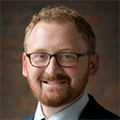
For Scott Anderson in Governance Studies, the city of Washington, D.C. was his inspiration:
“Growing up in the D.C. area I was inspired to become a scholar by the fact that so many world events and national events were happening so proximate to me.”
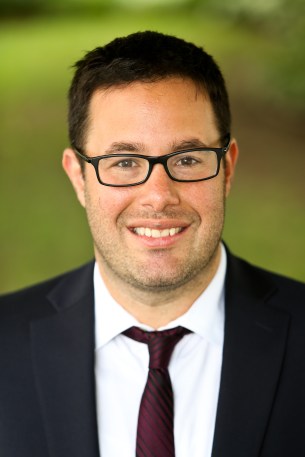
Global Development and Economy expert Dany Bahar started out studying computer engineering but eventually switched to economics because:
“While in Israel I joined the Hebrew University of Jerusalem to study a masters in economics (I was originally a computer engineer). And that really inspired me to become a scholar. There [at the Hebrew University] I was exposed for the first time to academia in the deep sense of academia with many professors who were world-renowned researchers in economics. And there I understood that there are so many questions that were yet to be answered.”
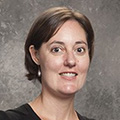 Jenny Schuetz of the Metropolitan Policy program was partially inspired by the great mentors she had in her life:
Jenny Schuetz of the Metropolitan Policy program was partially inspired by the great mentors she had in her life:
“I was inspired to become a scholar by two things. One was finding ideas and topic areas that I’m really passionate about and I want to study. The other was having great mentors all the way through my career. If you want to be a researcher you need to find questions you really care about. Research can be a little bit of a solitary exercise. You spend a lot of time by yourself with your data and your computer.”
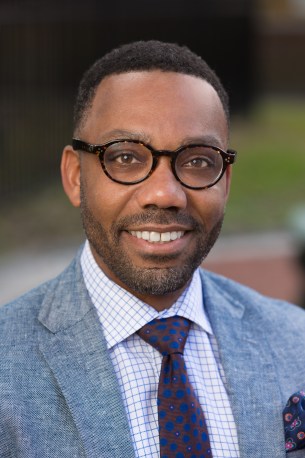 Metropolitan Policy Program fellow Andre Perry’s inspiration to become a scholar stemmed from his childhood:
Metropolitan Policy Program fellow Andre Perry’s inspiration to become a scholar stemmed from his childhood:
“Part of what inspired me to become a scholar is in how I was raised. When I went to school people would tell me that the person who reared me wasn’t my mother, [but] for all intents and purposes she was. She took care of me, I lived with her, she was a part of every major life experience, but she just wasn’t a blood relative. But I’ve always questioned, what does it mean to be a parent? And later on in life when I started getting into the issue of immigrant educational rights—I used to run camps for the children of migrant workers—[I saw that] many children were faced with a similar question, or challenge, in that they weren’t considered citizens of the United States. And I was always befuddled by that because there were kids who lived like I did, did everything I did, and were not considered citizens.”
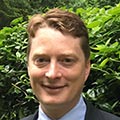 Foreign Policy fellow Ryan Hass wasn’t even originally thinking of becoming a scholar at first:
Foreign Policy fellow Ryan Hass wasn’t even originally thinking of becoming a scholar at first:
“When I was growing up becoming a scholar wasn’t really on my radar. The spark initially was lit in college when I was trying to make sense of what was going on in the world around me. I found that many of the writings by think tank scholars were the most accessible and illuminating for my understanding of what was happening.”
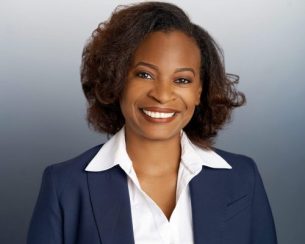 For Governance Studies fellow Makada Henry-Nickie it was a fellowship that helped to propel her to be a scholar:
For Governance Studies fellow Makada Henry-Nickie it was a fellowship that helped to propel her to be a scholar:
“At Hunter College, at the City University of New York, the Andrew Mellon Fellowship Foundation provided me with my start. They have a unique, wonderful program that is committed to boosting minority representation in the ranks of higher education and that’s how I got my start to scholarship. I feel that their investment really created for me opportunity, real meaningful opportunity, and I used that opportunity, that window, to springboard myself far beyond the circumstances into which I was born.”
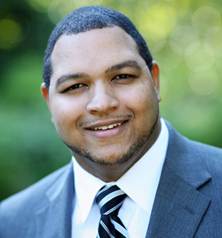 Economic Studies fellow Marcus Casey had thought of pursuing a law career before discovering how to look at societal issues through social science tools:
Economic Studies fellow Marcus Casey had thought of pursuing a law career before discovering how to look at societal issues through social science tools:
“When I was a child I was always intellectually curious. I used to read encyclopedias and books, and I always had an interest in historical fiction and things of that nature. When I got older and went off to college, I intended to be a lawyer, as most undergraduates who don’t have a clear path seem to think. But later I did a summer program, the American Economic Association Summer Program, where I was introduced to using social science tools, specifically quantitative tools, to look at a lot of societal issues and problems. That really intrigued me, so I decided on a whim in the last year of college to go on and become an economist.”
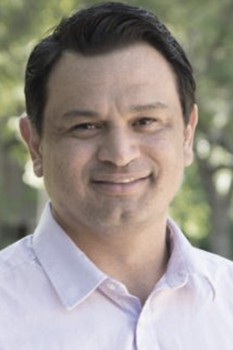 And as Economic Studies fellow Randall Akee notes, even where you grow up can influence your career path:
And as Economic Studies fellow Randall Akee notes, even where you grow up can influence your career path:
“Some of what inspired me to become a scholar is based on my background growing up in Hawaii and watching economic transition as different industries changed and seeing the adverse impact on different groups, either by skill levels, or by race and ethnicity. And in that environment, there was evidence that the economy was changing, in Hawaii in particular, but for the country and the world as well, as we became more focused on skills. I became much more interested in that over time.”
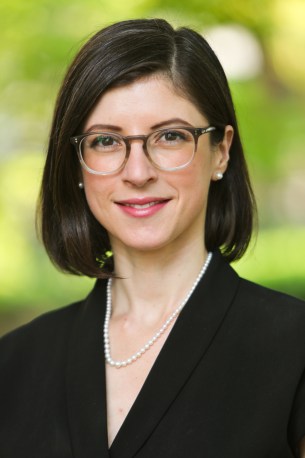 Foreign Policy fellow Alina Polyakova revealed that she’s a sociologist who was driven to be a scholar to better understand what drives changes in the world:
Foreign Policy fellow Alina Polyakova revealed that she’s a sociologist who was driven to be a scholar to better understand what drives changes in the world:
“I did my graduate work at the University of California, Berkeley in sociology, so I’m actually a sociologist not a political scientist. I studied the rise of far-right political parties in Europe and I spent about two years doing interviews in Ukraine as part of that research. Sociology started to fill in some of those gaps about society, culture, and power that economics didn’t really touch in a specific way. At the end the day I was interested in sociology because of the theoretical concepts and ideas it allowed me to engage with. I think this desire for knowledge is probably what drives most of us to be scholars, to understand what is driving the change in the world that we find ourselves embedded in.”
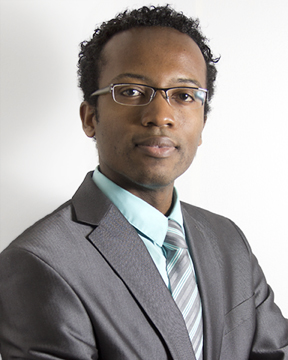 Global Economy Development fellow Landry Signé was inspired by his childhood in Cameroon:
Global Economy Development fellow Landry Signé was inspired by his childhood in Cameroon:
“As a child in Cameroon, I grew up dreaming big about how to generate economic opportunities and inclusive growth, bring about world peace, and end extreme poverty. Quite early, I have learned and developed small-scale initiatives to solve some of these challenges, including innovative agricultural and livestock practices and technologies, highly profitable trade, leadership in humanitarian organizations, and the organization of vaccination campaigns. But a more systematic and structural transformation was necessary. Nelson Mandela’s words resonated with me then and now: ‘Education is the most powerful weapon which you can use to change the world.’ I realized that quality education, science, technology, governance, and development strategies offer massive opportunities to address local and global challenges, but only if policy, business, and civil society leaders could make the right choices – together. So, I decided to devote my life to improving the state of the world through education, scholarship, policy and business engagements, and transformational leadership.”
The Brookings Institution is committed to quality, independence, and impact.
We are supported by a diverse array of funders. In line with our values and policies, each Brookings publication represents the sole views of its author(s).

Commentary
What inspired you to become a scholar?
April 25, 2019